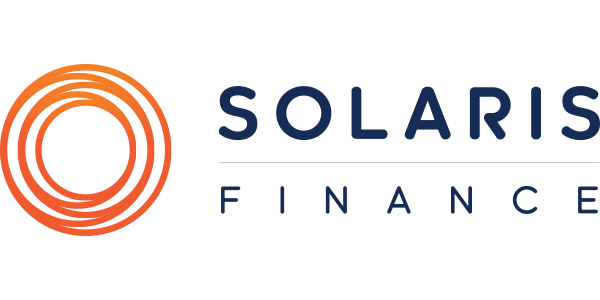07 Nov What is the difference between a Rental and a Chattel?
A common question I always get asked is “What is the difference between a Chattel and a Rental?”. It’s a tough one because a finance broker or a solar installer is legally not qualified to answer that question.
In order to get to the bottom of this question we are lucky enough to have Joy Batra from Bell Partners. As an accountant she is qualified to answer our questions.
Thanks for answering my questions Joy! So what is the difference between a Chattel and a Rental?
Glad to be here Imraan.
Basically they are two different methods of financing a business purchase. In our case a solar system.
Through a Chattel you own the system and are just paying a loan off. It is a mortgage over goods to be financed.
Through a Rental, as the name suggests, you are renting it off the financier for a period of time. Usually at the end of the period a small amount is payable to purchase the goods off the financier so title transfers to your name.
Ok, so how are they treated differently for tax purposes?
There is two parts to that answer, one is for income tax and one is for GST.
Well let’s start with the differences in income tax.
The higher your expenses, the lower your profit. The lower your profit, the lower your income taxes. The differences arise in how expenses are treated with a Chattel and Rental.
If you finance solar through a Chattel, you own the system. The loan repayments in this scenario are not expenses. The expense in this scenario is the amount the system depreciates each year and the interest paid on the Chattel.
If you finance solar through a Rental, you do not own the system. Each repayment is a rental fee paid to the financier. In this scenario the repayments are expenses.
So if you finance through a Chattel depreciation and interest are the expenses, and through a Rental the repayments are the expense? So how does a business owner know which is right for them?
Correct.
It depends on the cost of the system and the size of the business. It also depends what they are trying to achieve.
The ATO has set the effective life of solar at 20 years. Which means generally the minimum term you can depreciate a solar system over is 20 years. In other words, it takes 20 years to get the full income tax benefit.
Through a rental however since each repayment is treated as an expense, the full income tax benefit is realised whenever the rental term is finished. Which is almost always shorter than 20 years.
Everyone’s objectives are always different so this may not apply to everyone but if the objective is to get the income tax benefit as soon as possible Rental is usually the better option.
There are exceptions though…
Exceptions?
If you have a turnover less than $10 million and the solar system was installed (ready for use) in the 2017-18 income year you can qualify for immediate depreciation of goods under $20,000 (ex GST).
We don’t know if this government incentive will continue to next financial year though.
So if you fit the criteria and your solar system purchase is under $20,000 (ex GST) then a Chattel will be a quicker way for you to get your income tax credits.
What about GST then? How is that treated differently?
On a Chattel you are purchasing the system in one go, so the GST credit you add to your BAS is the full GST of the system.
On a Rental however GST is calculated off each single repayment. Therefore, you can only add the GST from rental payments in the BAS reporting period.
Any final comments?
Also note that another form of financing is a hire purchase, where the lender legally owns the asset and the intention is to purchase at the end. In this case the tax and GST treatment is the same as a Chattel mortgage.
Well that’s provided a bit of clarity. Thank you for taking the time to answer my questions Joy.
Your welcome Imraan. Happy I could help.


Sorry, the comment form is closed at this time.